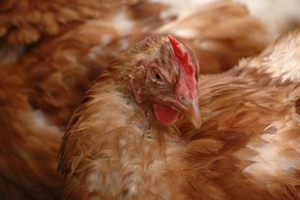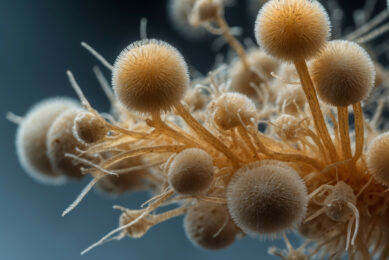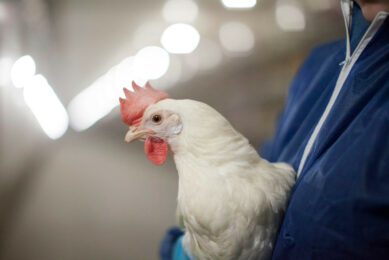Effect of corn-soybean diets on laying hens

ABSTRACT: A research in the China Agricultural University, Beijing looked at the effect of a novel plant phytase on performance, egg quality, apparent ileal nutrient digestibility and bone mineralisation of laying hens fed corn-soybean diets
The efficacy of a novel transgenic corn-derived phytase (TCDP) and two other commercial microbial phytases (PA and PB) were compared in the long-term feeding study of laying hens. The treatments consisted of a positive control (PC) diet adequate in phosphorus (P, 0.32% nonphytate P, NPP); a negative control (NC) diet low in P (0.10% NPP); and an NC supplemented diet containing three phytase sources (TCDP, PA or PB) at two supplemental levels (500 or 5,000 FTU/kg of diet).
Eight diets were fed to Hy-line hens (n = 576) from 50 to 66 weeks of age. And it was found that with a reduction in dietary P in the NC diet, egg production, egg mass, feed intake, final BW, BW gain, eggshell thickness, and eggshell strength of laying hens decreased (P < 0.05).
In addition, the number of soft-shelled, cracked and broken eggs increased (P < 0.05) in the NC group. The addition of TCDP, PA or PB significantly increased laying production and egg quality (P < 0.05), and performed similarly in hens fed the PC diet.
Hens fed each source of phytase had greater ileal P digestibility, tibia ash, and bone breaking strength than hens fed the NC diet (P < 0.05). The ileal P digestibility increased as phytase level increased from 500 to 5,000 FTU/kg of diet (P < 0.05).
Results from this study indicate that the addition of TCDP to a P-deficient diet improves laying performance, egg quality, ileal P utilization, and bone mineralization, and TCDP is as efficacious as two commercial microbial phytases when P-deficient diets for laying hens were supplemented with it.
Source: ScienceDirect











